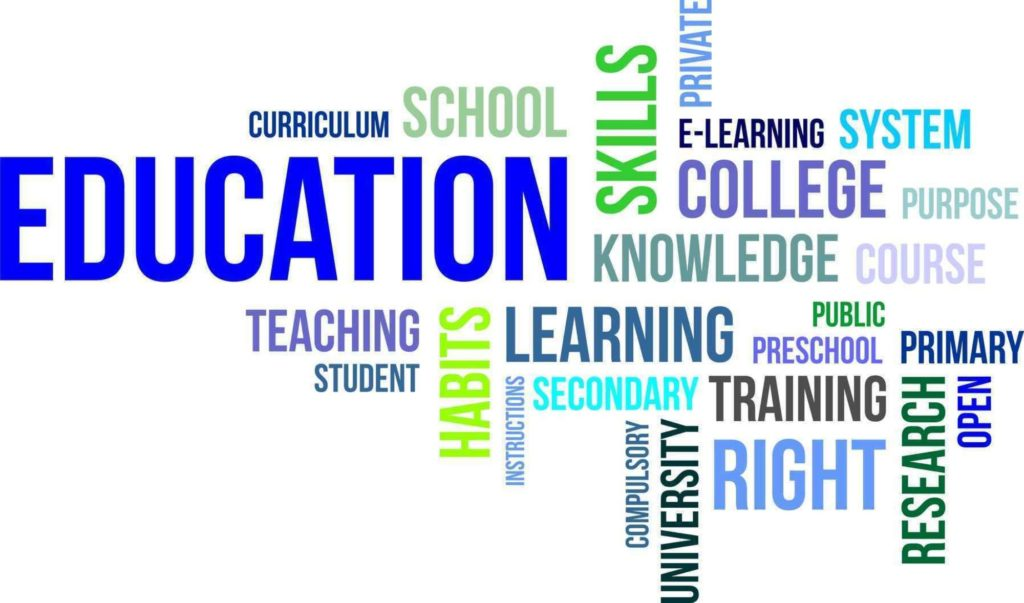Free Courses Sale ends Soon, Get It Now


Free Courses Sale ends Soon, Get It Now



Copyright infringement not intended
Context - The Education Minister has chaired the discussion with members of the national steering committee on modifying the school curriculum.
Details
CBSE's decision to revamp the School Curriculum
The rationality behind the decision
Challenges in Indian Education System
Steps by the Government
The 86th Constitution Amendment provides the Fundamental right to free and compulsory education under Article 21A includes a Common education System where the “rich and Poor are educated under one roof".
© 2024 iasgyan. All right reserved